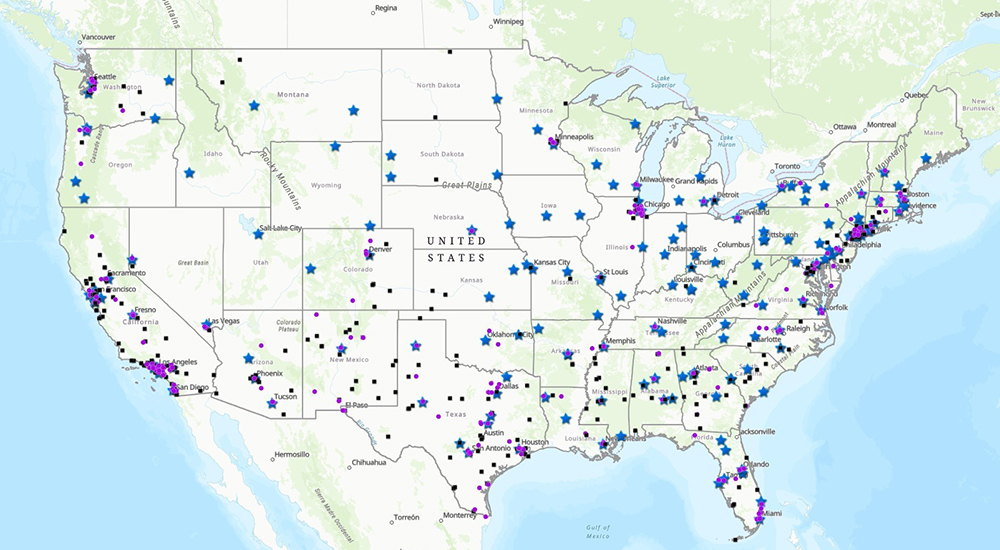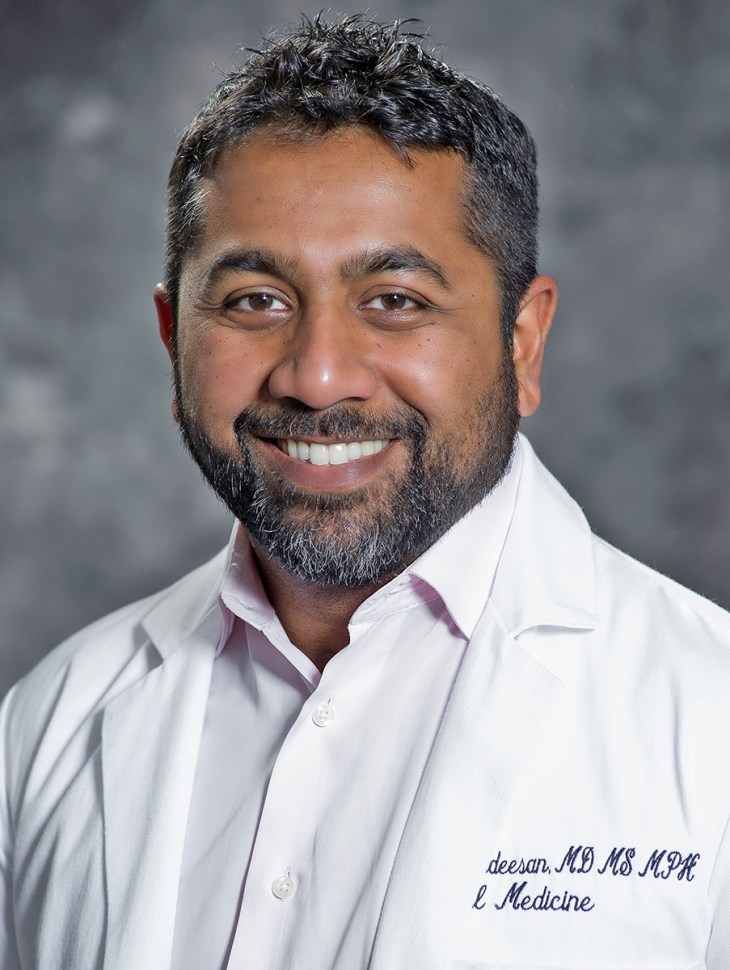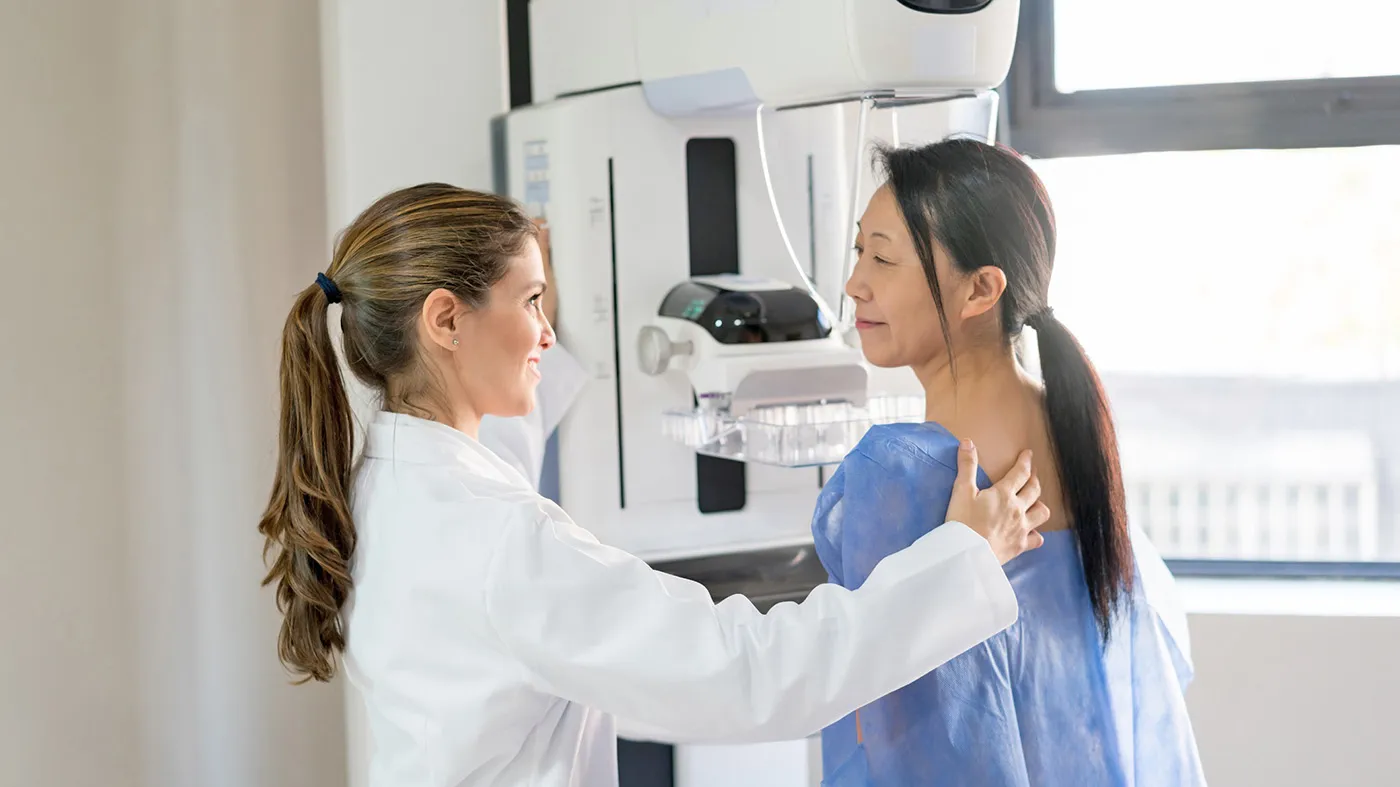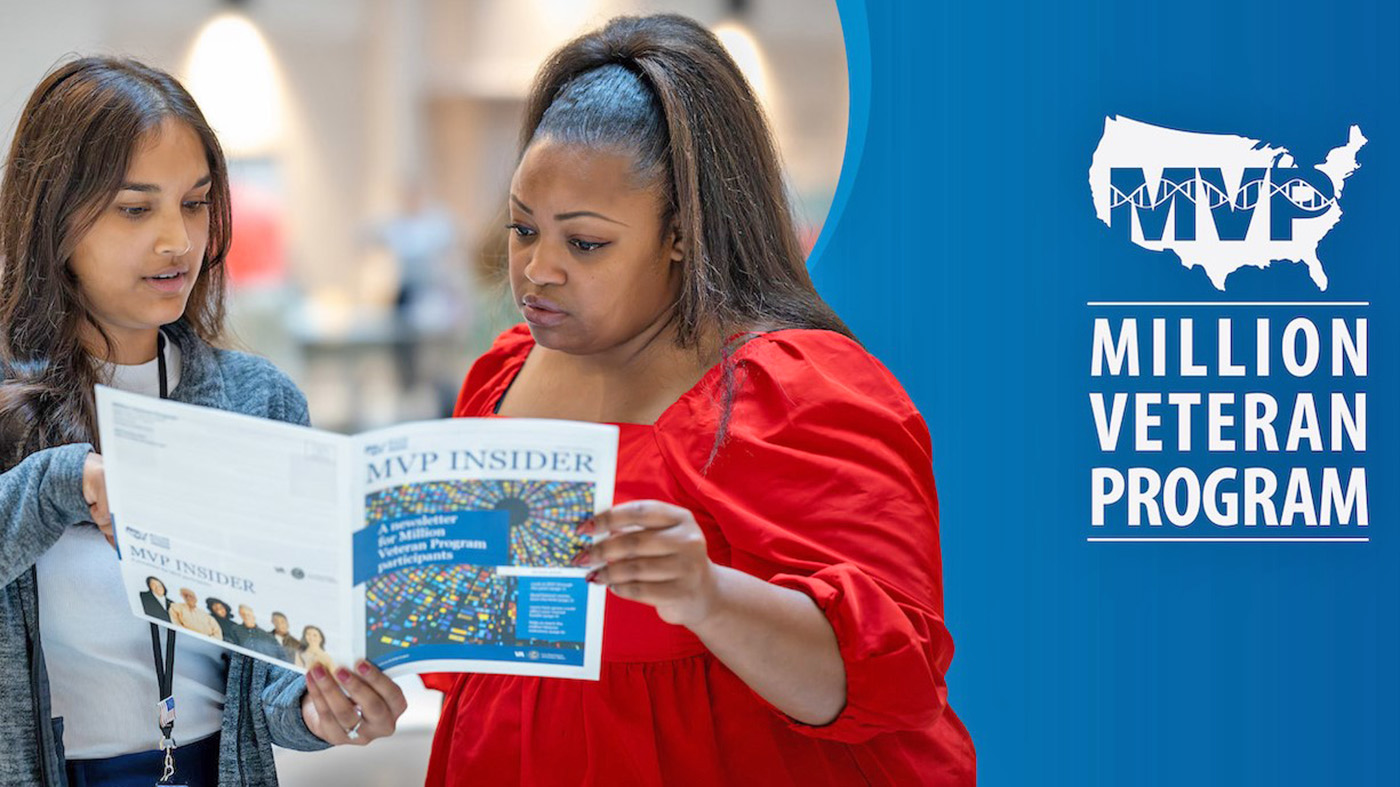VA’s new academic geo-mapping tool was designed to help VA medical facilities identify potential Minority Serving Institution (MSI) academic partners in their area to expand health professions training. The tool was developed by VA’s Office of Academic Affiliations (OAA).
Minority-serving institution (MSI) is a term for universities and colleges that enroll a significant percentage of students from minority groups.
The geo-map provides detailed information on academic institutions, including their health professions education programs, MSI designation, VA affiliation status and distance from the nearest VA center or community based outpatient clinic. Use of the interactive tool led Northern California VA—located in a geographically and culturally diverse region—to develop two new MSI academic affiliations since January 2022.
The geo-map, combined with OAA outreach and coaching to VA Designated Education Officers (DEOs), is mapping the way for new partnerships, bringing more trainees from diverse backgrounds to care for Veterans while training at VA.
“We need to go where the Veterans are.”
“Immediately, the tool was congruent with my philosophy of how to approach programmatic growth in Northern California,” said Dr. Raja Jagadeesan, associate chief of staff for Education/DEO at Northern California VA. “We need to go to where the Veterans are, so we should be looking for new affiliates in new locations at the local level to fill those pipelines. We can then hire and recruit the best to take care of the next generation of Veterans.”
Jagadeesan focused on the areas of greatest clinical need for Veterans in Northern California and reached out to potential academic affiliates with health professions education programs that matched those needs. His work has brought new health professions trainees for echo technologists, ultrasound technicians and respiratory therapists to train and participate in Veteran care at his VA facility.
“It was hard work in terms of building the relationships, but it was worth it. A small number of high-quality academic relationships is more valuable than many that no one is excited about and that don’t make sense clinically,” he added.
Reaching out to overcome barriers
While the development of the geo-mapping tool has been a welcome addition to help expand academic affiliations and career pipelines, Jagadeesan says the coaching OAA provided was the perfect kickstart for him to make those first connections with potential partners and continue establishing new relationships.
“DEOs are busy, and it takes time to build the relationships,” said Nancy Harada, OAA analyst and creator of the geo-mapping tool. “The goal is that by reaching out to a few facilities, we can help them overcome barriers and learn about their process to identify and document their best practices [that] we will share with the rest of VA facilities.”
VA’s Office of Academic Affiliations manages clinical health professions training programs in partnerships with more than 1,400 medical schools and universities, including nearly 300 MSIs nationwide. Find out more about OAA’s mission by watching this video and visiting the Office of Academic Affiliations website.
Topics in this story
More Stories
VA now recommends starting screening for breast cancer with mammography or X-rays of the breasts at age 40.
There are over 4,300 social workers in VA’s homeless programs, of which over 700 are Veterans themselves.
MVP looks at the background and impact of Women’s History Month.






